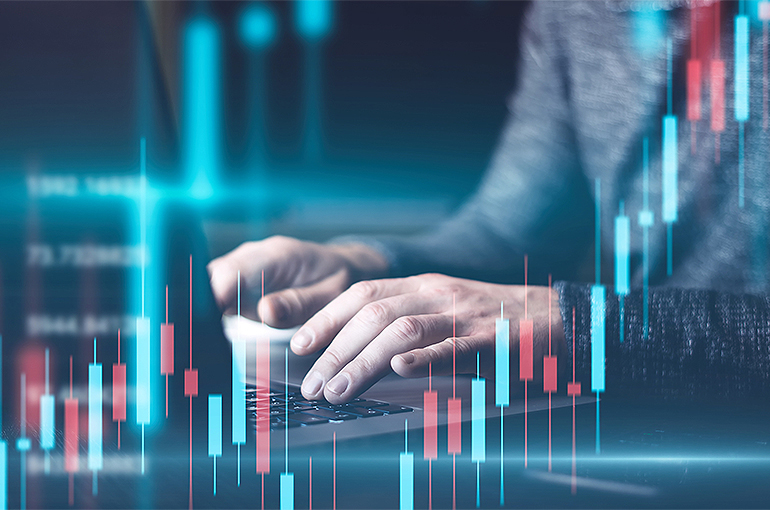 China Will Roll Out Program Trading Rules Soon, Report Says
China Will Roll Out Program Trading Rules Soon, Report Says(Yicai) July 12 -- China is preparing to bring out regulations on program trading, which refers to the use of computer-generated algorithms to execute rapid trades in securities in large volumes, to ensure the fairness and stability of the country’s stock markets, Securities Daily reported today.
The China Securities Regulatory Commission does not plan to ban program trading, but neither will it just stand on the sidelines, the report said, citing a source close to the regulator. It is introducing pragmatic initiatives to strengthen program trading supervision to reduce any negative impact and ensure the fairness of market transactions. It will also bring in different charges for high-frequency program trading.
Program trading accounts for more than half of all trading in mature overseas markets. In China, this form of algorithmic trading is developing rapidly. It now accounts for around 30 percent of all trading, up from 20 percent in 2020. And high-frequency trading accounts for nearly 20 percent from the previous 10 percent.
The securities watchdog is concerned that some forms of program trading, especially high-frequency quantitative trading, is so fast that it damages the fairness of transactions, the report said.
Program trading can also perform multiple transactions in a short period of time, which is not conducive to forming value-based investment patterns. And sometimes order errors, also known as trading resonance, may occur and this disrupts the order of the markets and can increase market volatility.
The regulator is also working with Hong Kong authorities to formulate guidelines for the program trading of northbound funds, or of Hong Kong traders buying mainland stock, and apply the same regulatory standards to northbound investors as those on the mainland.
Some high-frequency quantitative strategies may drop their speed and frequency to meet the new regulatory requirements, market participants said. Quantitative strategies with large capital capacity and low trading frequency will not be affected much. These initiatives will mostly standardize program trading, maintain market fairness, and enhance the inherent stability of the market, they added.
Editor: Kim Taylor